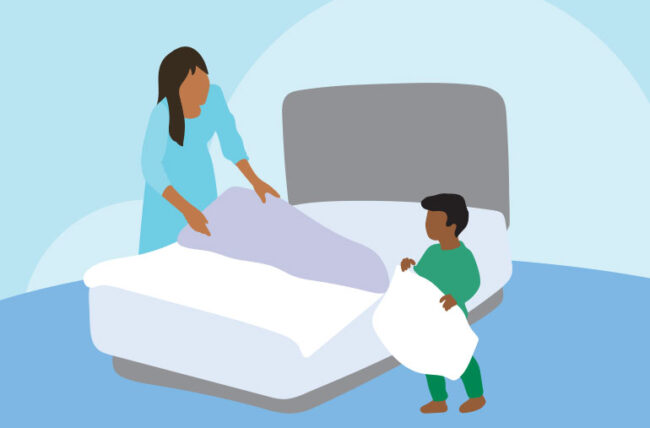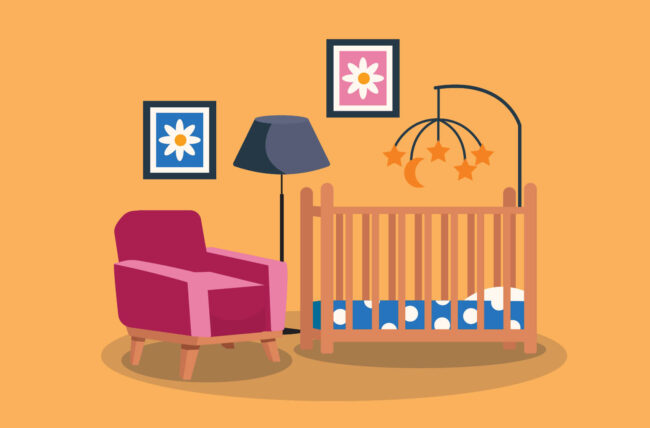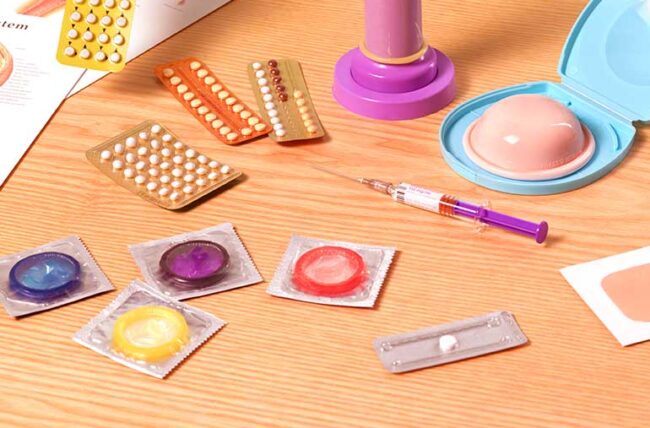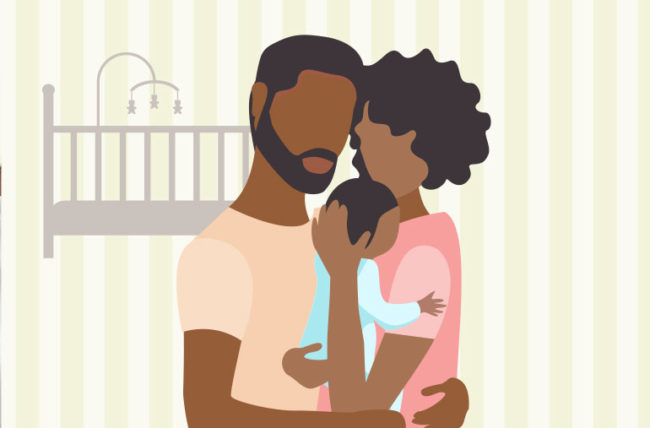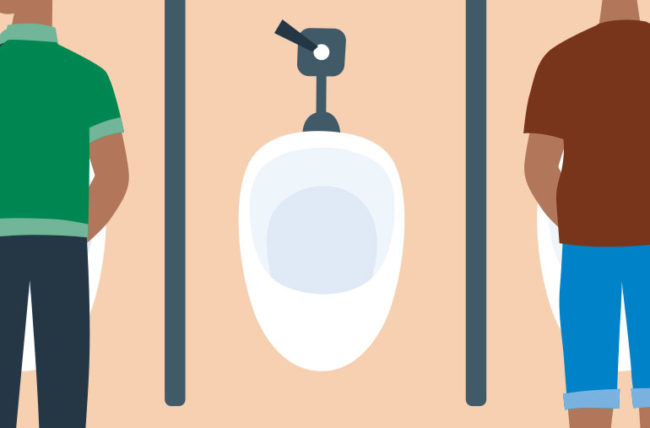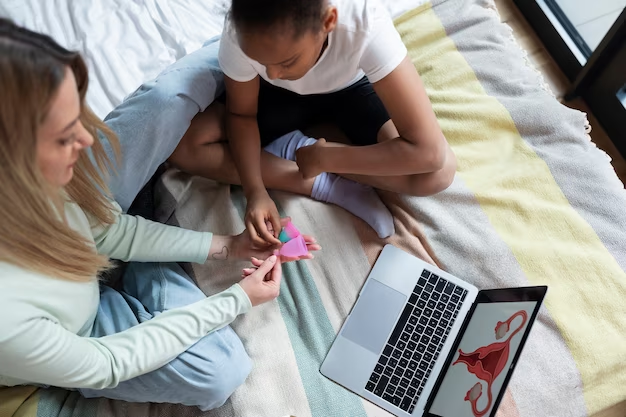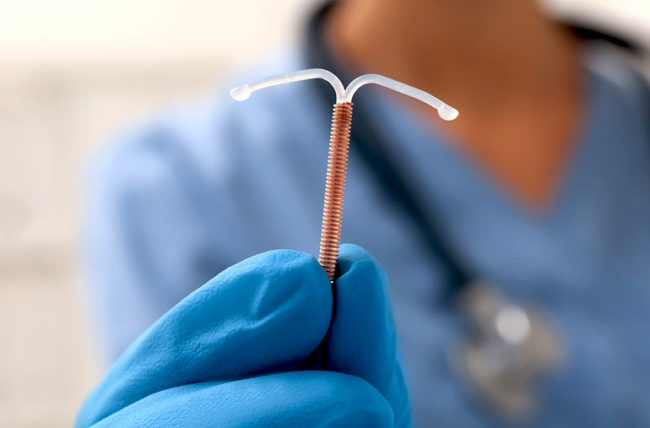Your child is sneezing, coughing and may even have a fever. You rush into the pharmacy to get a child-friendly pain reliever, but the shelves are empty. It’s the same at the next pharmacy… and then the next.
The so-called “tripledemic”, which has seen cases of flu, COVID-19, and RSV rise this winter, has caused a shortage in children’s pain relievers. What can a parent do?
Richard So, MD (pediatrician) shares with you some ways to help your child’s symptoms.
First ask: Are pain meds even necessary?
It may seem counterintuitive but just because a child has fever, doesn’t mean that they are necessarily sick. The immune system uses fever to combat an infection, but not all fevers require treatment.
If your thermometer indicates that the child has a fever, but they appear to be otherwise healthy, then you do not need to take any action.
Remember, a fever does not mean you have a disease,” says Dr. So, says Dr. It’s one sign that lets us know that your child is not well. We don’t recommend treating a fever if your child is acting normally and playing.
How to get children to take their pills
If your child is suffering from a high fever or seems miserable, then that’s a different story. Here’s what to do if that happens.
Teach older children to swallow pills
It may have occurred to you that only adults can take pain relievers in pill form. They’re also safe for children ages 6 and older, so long as they are able to swallow them.
Sometimes parents are shocked when they learn about this,” says Dr. So says. The thinking is that pills are for the adults and liquids for children. “But 200 milligrams is still 200 milligrams, regardless of the form.”
Follow these steps to teach your child how to swallow a tablet:
- Start by having them swallow something they are familiar with, such as a piece or macaroni-and-cheese.
- Once they have mastered this, move on to the Tic Tac (r), and then M&Ms(r).
- When your child is able to swallow a M&M, a Skittle or even a M&M without any difficulty, they are ready to take an ibuprofen tablet or Tylenol (r). So says. If they can eat a few bites, they will probably be able to swallow a pill. “A lot of this is mental.”
Once they’ve made the switch successfully, you won’t have to depend on liquids during this and future shortages.
Crush a tablet for younger children
Remember what we said about dosages earlier? The form is not important as long as the dosage matches. For younger children, you can put a pill that has been crushed in food they will eat.
Dr. So advises: “For toddlers you can crush chewable tablets and mix them in with ice cream yogurt applesauce chocolate syrup or yoghurt.” So recommends.
Make sure to know what cold and flu products your child can safely use. It’s best to consult your doctor before administering any medication to an infant.
Other ways to keep kids comfortable
You’ll do almost anything to make your child feel better when they are sick. usually breaks a fever on its own. But in the interim, you can do a few simple things:
- Cold compresses “Sponge bathing – rubbing a cool compress on the child’s forehead, or behind his neck to comfort him — may help,” notes Dr. So notes.
- Saline Spray:This is an over-the counter option that helps flush out irritants in the nasal lining. This can help clear some of this stuffiness.
- Humidifier : A humidifier may help relieve coughing and congestion.
Rest and fluids are essential for the recovery of sick children.
Do not hoard medication
Some stores have set a limit to the number of bottles you can buy at a time.
Just because a shop does not set a limit doesn’t mean that you should empty their shelves. “Take what you need, and leave the rest for other parents who are worried about their sick children,” Dr. So says.
How to dispose of expired medicines
You may have some liquid pain relievers in your medicine cabinet. Throw it Out if the expiration date is past.
The U.S. Food and Drug Administration warns that expired medicines are less effective and can even be dangerous due to the chemical changes that occur over time.
When to seek medical attention
Dr. If your child isn’t improving (or worsening) after you’ve tried all the remedies, it’s probably time to see a doctor. If your child has a fever or is acting out of sorts, it’s best to take them to the doctor.






